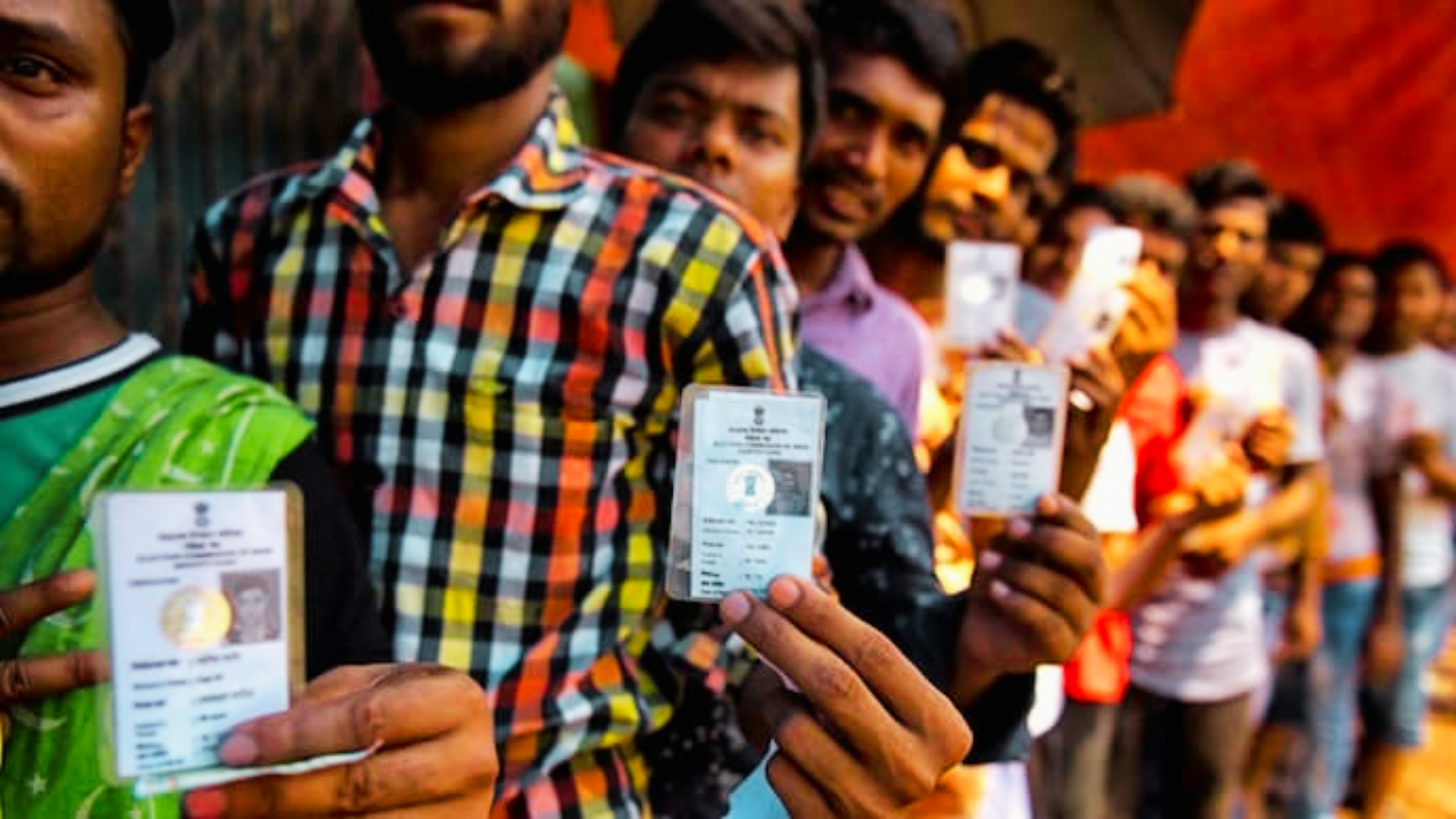The Election Commissioner of India Rajiv Kumar has finally announced the dates of the upcoming General Elections 2024 on March 16th. The announcement stated that the country will once again feature seven phases in West Bengal, Bihar and Uttar Pradesh.
Earlier, in 2014, the state of West Bengal voted in five phases but in the 2019 elections, both Bengal and Bihar were grouped with Uttar Pradesh for seven-phase elections, despite Uttar Pradesh having the largest number of constituencies, sending 80 MPs to the Lok Sabha. Bengal and Bihar, with 42 and 40 constituencies respectively, followed the same election schedule in 2019.
For the 2024 elections, Bihar and Bengal will each witness polling in six to seven constituencies on average per phase, while Uttar Pradesh, with nearly double the number of seats, will also have a seven-phase poll.
What’s the rationale behind West Bengal’s seven-phase voting despite having half the number of seats?
Violence
Political analysts suggest that the Election Commission’s decision to conduct the elections in seven phases in West Bengal and Bihar reflects the political instability in these states.
In West Bengal, the political landscape shifted significantly after the Panchayat polls in 2018, which were marred by widespread violence. Around 34% of the seats remained uncontested, prompting several opposition parties to petition the Calcutta High Court for protection.
Despite the 2019 elections being held over seven phases and with a substantial presence of central forces, violence persisted. The 2021 West Bengal Assembly elections, conducted over eight phases, also witnessed clashes and political violence, with post-poll violence being particularly severe. Many of these cases are still pending investigation by the Central Bureau of Investigation (CBI).
The Election Commission has deployed 920 companies of central police forces in West Bengal, a number higher than that deployed in strife-stricken regions like Jammu and Kashmir.
The voting in Bengal will be conducted on:
April 19: Cooch Behar, Jalpaiguri, Alipurduar
April 26: Darjeeling, Raiganj, Balurghat
May 7: Malda, Murshidabad, Jangipur
May 13: Bardhaman, Berhampore, Durgapur, Ranaghat, Bolpur
May 20: Howrah, Ulluberia, Hoogly, Sreerampur, Barrackpore, Bongaon
May 25: Kanthi, Tamluk, Ghatal, Purulia, Bankura, Bishnupur, Medinipur and Jhargram
June 1: North and South Kolkata, Diamond Harbour, Jadavpur, Dum Dum, Barasat, Bashirhat, Joynagar and Mathurapur






















